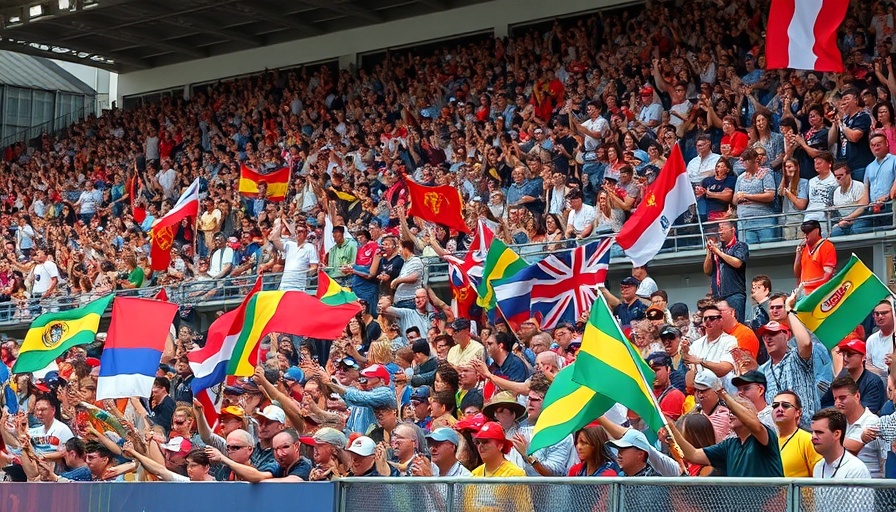
Alex Palou Makes History at the Indianapolis 500
In a spectacular display of skill and determination, Alex Palou claimed victory at the 107th running of the Indianapolis 500, marking his first win at this iconic race and on an oval circuit. For fans and industry insiders alike, this win not only represents Palou's growth as an elite driver in the IndyCar series but also showcases the future of racing innovation as it intertwines with storytelling in sports.
The Significance of The Indianapolis 500
The Indianapolis 500 is not merely another race; it's a storied tradition that has become synonymous with American motorsport. With a history dating back to 1911, it remains a pinnacle challenge that drivers dream of conquering. This 500-mile race tests not only driving skills but also strategy, physical endurance, and the ability to handle the intense pressure of competing against the best in the field. Palou's triumph validates the preparation and resilience required to succeed in such an environment.
Building on A Legacy
Palou’s victory comes at a time when competition in IndyCar is fiercer than ever. He navigated through a grueling race, demonstrating strategic thinking and racing expertise that earned him the top spot. It’s a testament to his continuous improvement, confirming that patience and perseverance in a sport known for its unpredictability pay off, especially for younger drivers seeking their first big win.
Reflections on the Journey
Every driver at the Indianapolis 500 brings a unique story, and Palou's is one of overcoming challenges. From a rocky entry into the racing scene to becoming a formidable competitor, his journey resonates with many aspiring athletes. This win not only elevates his status in IndyCar history but rallies new fans around a face they can cheer for, showing that hard work truly leads to fulfillment.
The Impact of Technology in Racing
As Palou celebrated on the winner's podium, it was evident that advancements in automotive technology played a crucial role in the race's outcome. Modern cars are equipped with complex data systems that help teams make real-time decisions during the race. The analysis of tire wear and engine performance provides insights that can change the game's direction, leveling the playing field between teams. The evolution of racing technology allows drivers like Palou to push their limits while competing in an ever-challenging environment.
What This Means for The Future of IndyCar
Palou's win signals a new era for IndyCar, where a mix of youthful talent and technological advancement will shape the trajectory of the sport. As we look forward, the question remains: who will emerge as the next racing star? Given how quickly the racing landscape is evolving, we may see more crossovers from other motor sports, including electric and autonomous vehicles, creating a dynamic shift in IndyCar racing.
Join the Conversation
Palou's victory at the Indianapolis 500 is a thrilling chapter in motorsports history, igniting conversations about the future of racing. As fans, let’s engage in discussions about automotive technology, driver development, and what it means to connect with stories of triumph on the race track. Whether you’re a die-hard enthusiast or a casual observer, Palou's journey is an inspiring narrative that underscores the passion behind motor racing.
 Add Row
Add Row  Add
Add 




Write A Comment